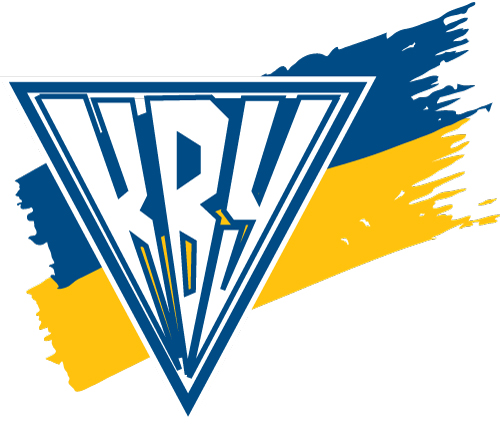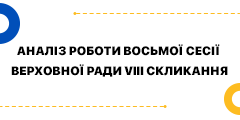A joint press conference was held by the Ministry of Internal Affairs, the Committee of Voters of Ukraine (CVU) and the Civil Network OPORA October 24, 2014 at the International Media Center in Kyiv to discuss final preparations for election day.
On the eve of the elections, law enforcement agencies of Ukraine are ready to enforce legal order and prevent attempts to disrupt voting.
As the Minister of Internal Affairs adviser Zorian Shkiriak has reported, on the election day, 60 thousand police officers will work directly at the election precincts and overall 90 thousand will secure the election process at all levels.
According to Shkiriak, law enforcement agencies were prepared to put “unprecedented security measures” into action. Shkiriak reported that officials from the Ministry of Internal Affairs are cooperating in close connection with specialists from the criminal investigation department, anti-organized crime department, the Security Service of Ukraine, the Armed Forces of Ukraine, and the National Guards.
According to Deputy Chairman Vitaliy Teslenko of CVU, the main problem that CVU observers have reported during the monitoring of violations is the extremely low level of confidence in law enforcement agencies and the corresponding unwillingness of these agencies to initiate investigations into election violations and other criminal activities.
Securing the election process remains a key challenge for election day. CVU expects diversions and attempts to derail the process of voting in certain election precincts. Teslenko also mentioned that elections will not take place at all in at least a half of the districts of Donetsk and Luhansk regions. Elections will take place in some areas of these regions, however: 8 districts in Donetsk and 5 in Luhansk are scheduled to operate.
Compared to the 2012 parliamentary elections, the nature of violations during the election process has changed, according to Olha Aivazovska, Coordinator for OPORA. Whereas administrative pressure had been the most common violation in 2012, it has become less widespread and is now the third most common violation, whereas new forms have become prominent, including illegal campaigning (most frequent) and bribery (second most frequent).
At the end of the press conference, participants urged Ukrainians not to hesitate to contact the police if they witness violations of election law.
Under the condition of recent law amendments and the active support of law enforcement agencies, those who violate election laws will face prison terms or significant financial penalties.

